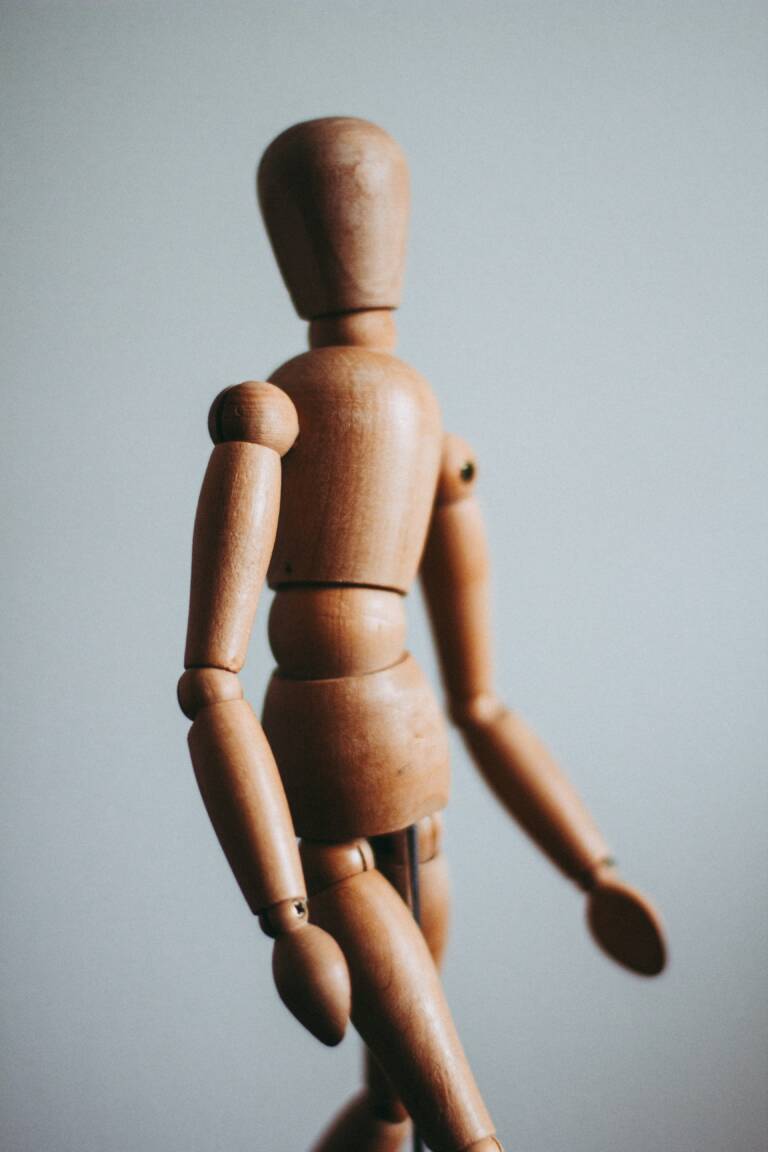Batteries: invented one that is charged through the reactions of the human body

Imagine if we could power biomedical devices inside the body. This would lead to important developments in medical research and great potential for new applications in chemical sensors, drug delivery systems and electrical stimulation devices.
Now, researchers at Binghamton University have invented a capsule-sized biobattery they believe could be a solution for diagnostic tools that examine the hard-to-reach small intestine, according to an institute news release published Thursday. For unmanageable diagnostic instruments, traditional batteries are on the one hand limited in duration, on the other hand the materials used can be dangerous once ingested.
Professor Seokheun “Sean” Choi, a faculty member in the Department of Electrical and Computer Engineering at the Thomas J. Watson College of Engineering and Applied Science, led the team that recently published their findings in the journal Advanced Energy Materials.
“There are certain regions of the small intestine that are not reachable and that is why ingestible cameras have been developed to address this problem,” Choi said. “They can do many things, like imaging and physical sensing, even administering drugs. The problem is the power supply. Until now, electronics use primary batteries that have a limited energy budget and cannot function in the long term”.
The new solution builds on Choi's discoveries over the past decade of using bacteria to create low levels of electricity that can power sensors and Wi-Fi connections.
Choi's biobatteries therefore use a completely new approach consisting of microbial fuel cells with spore-forming Bacillus subtilis bacteria that remain inert until they reach the small intestine. “How do you get the fuel microcell to work selectively in the small intestine? We use a pH-sensitive membrane that requires certain conditions to activate,” Choi said. “If we look at our gastrointestinal tract, the esophagus has a neutral pH, the same as the small intestine, but the transit time is only 10 seconds. It will not activate in this area and will never work in the stomach, which has a very low pH. It only works in the small intestine." To those who might be averse to ingesting bacteria, Choi replies that our bodies are filled with nontoxic microbes that aid in digestion and other functions.
“We use these spores as dormant, storable biocatalysts,” he said. “Spores can germinate when nutrients are available and can resume vegetative life and generate energy.” The research is very recent (it has just been published), but Choi and his students are already looking ahead to improving biobatteries. They want to increase the rate at which the fuel cell fully germinates. Currently it takes about an hour.
Additionally, the cell generates a power density of about 100 microwatts per square centimeter – enough for wireless transmission, but 10 times more would offer far more usage options. “I believe our micro-fuel cell has enormous potential, but there is still a long way to go,” he said. Obviously these batteries will need to be tested before they can be mass produced.

Thanks to our Telegram channel you can stay updated on the publication of new articles from Economic Scenarios.
The article Batteries: one invented that is charged through the reactions of the human body comes from Scenari Economici .
This is a machine translation of a post published on Scenari Economici at the URL https://scenarieconomici.it/batterie-inventata-una-che-si-carica-attraverso-le-reazioni-del-corpo-umano/ on Fri, 09 Dec 2022 22:33:25 +0000.
